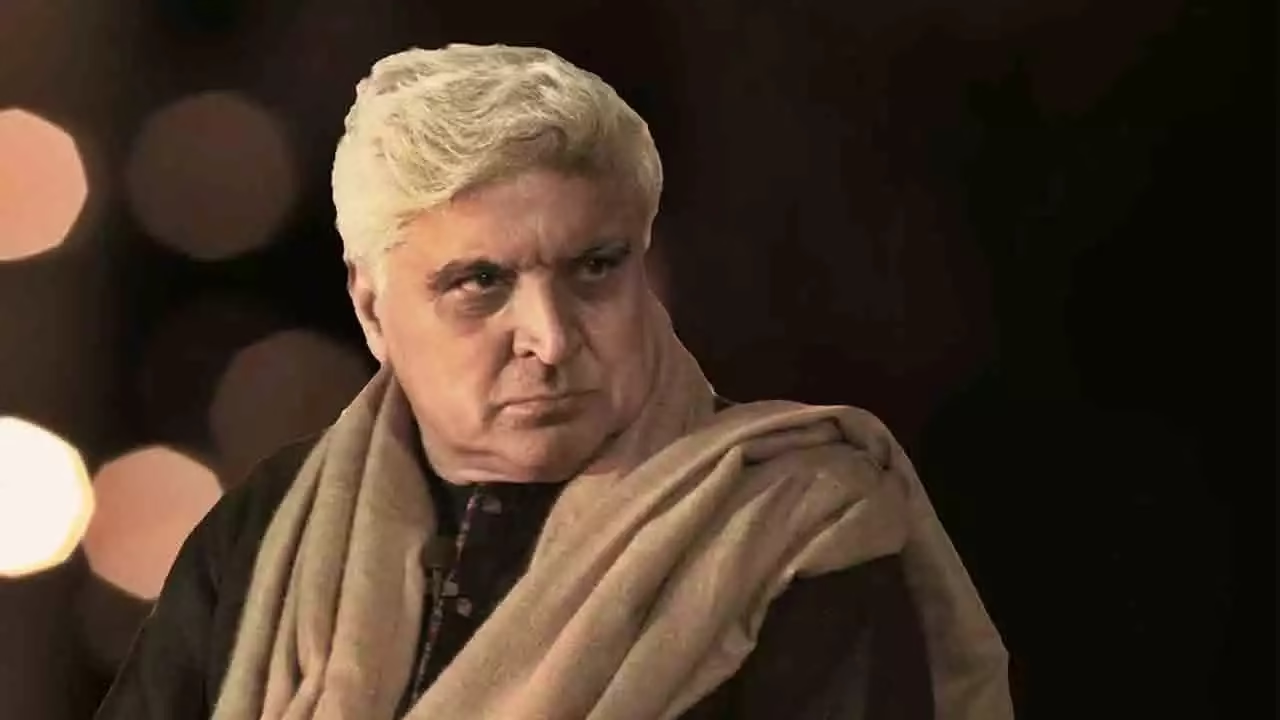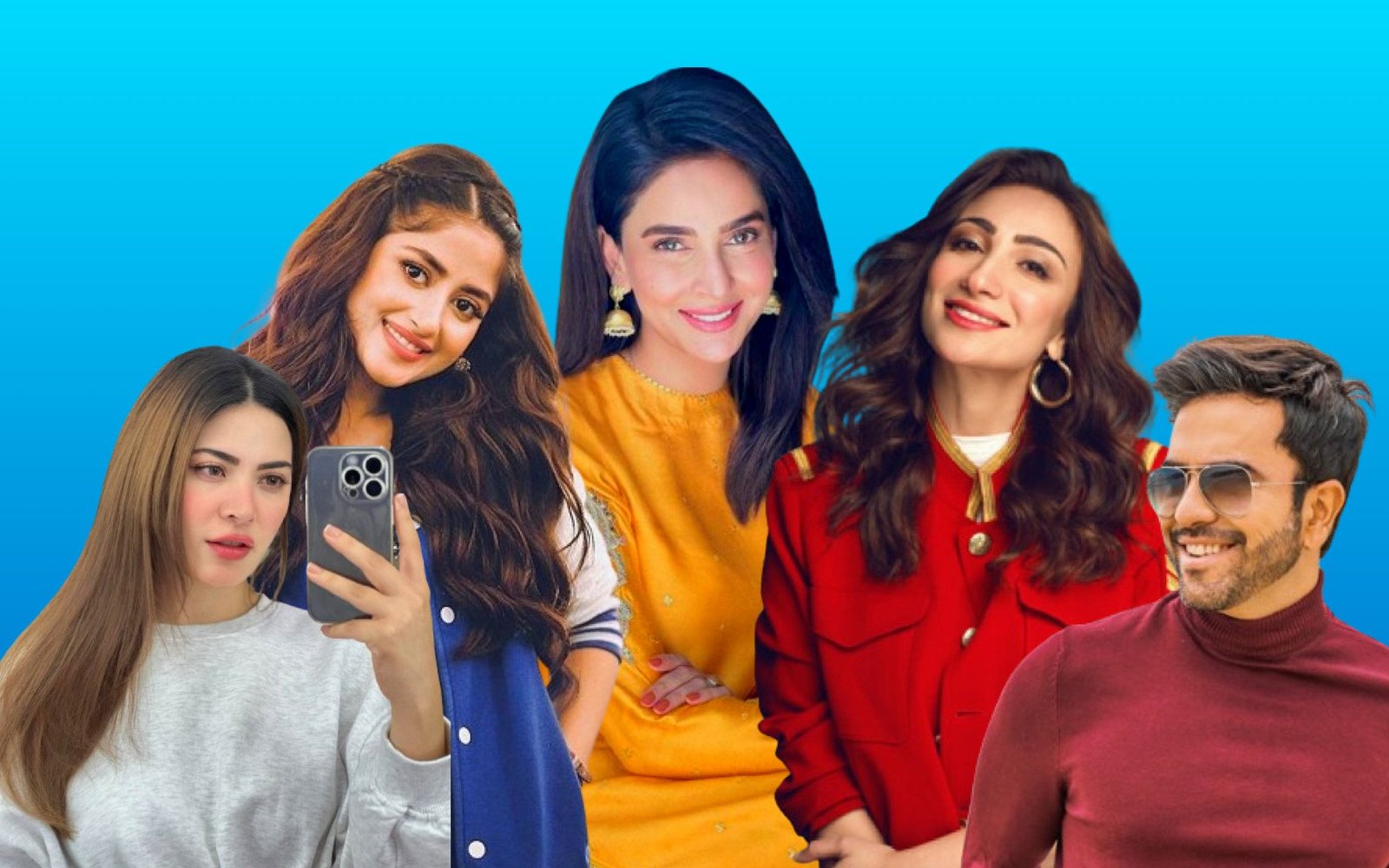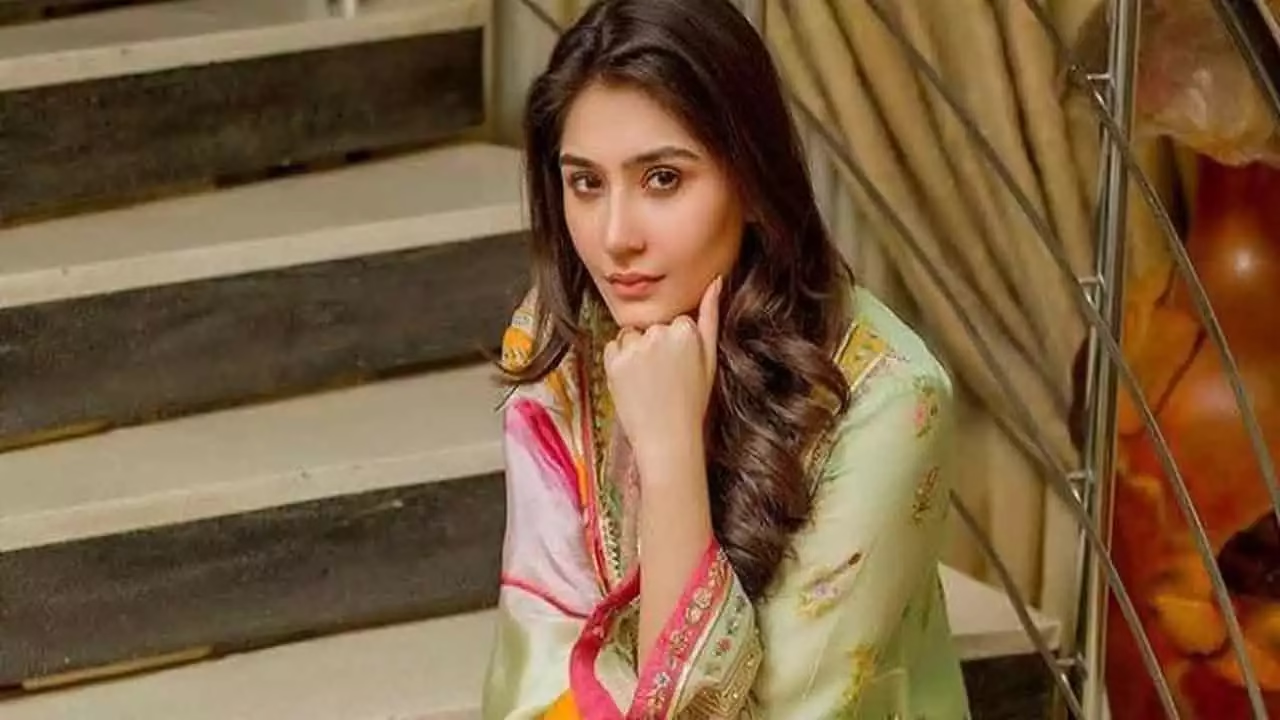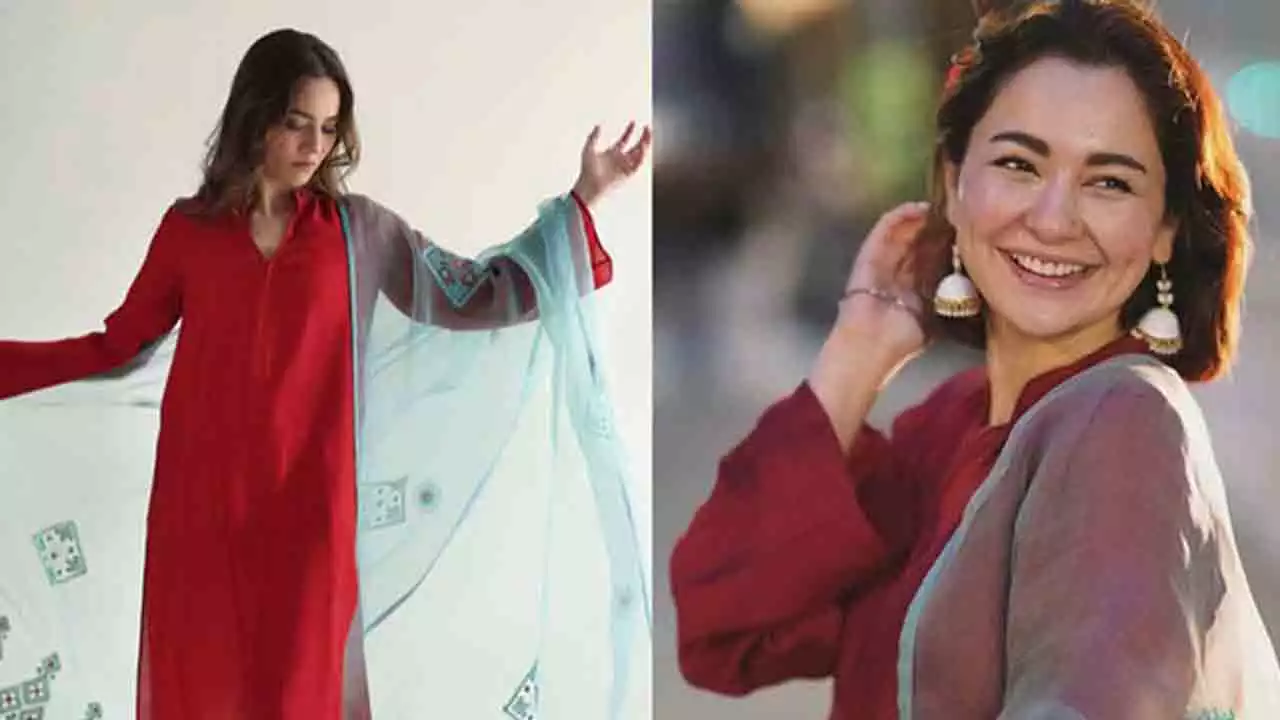Prominent Pakistani actresses Mishi Khan and Mansha Pasha have publicly criticized renowned Indian lyricist and poet Javed Akhtar for his recent comments about Pakistani artists and the cultural exchange between the two neighboring countries. The controversy erupted after Javed Akhtar, during a recent interview, expressed his support for the ban on Pakistani artists in India and claimed that Pakistan has never given equal importance or respect to Indian artists.
Mishi Khan Slams Javed Akhtar for His Remarks
Actress and television personality Mishi Khan did not hold back in expressing her disappointment. Addressing Javed Akhtar directly, she said that his remarks were deeply hurtful and reflected a narrow-minded attitude. Mishi Khan reminded Akhtar of the warm hospitality and immense respect he received during his visit to Pakistan, particularly during his participation in literary and cultural events in Lahore.
You were welcomed with open arms, respected like a guest of honor, and great artists of Pakistan showed you immense reverence—even sitting at your feet,” she said. “And yet, despite such love and warmth, your recent comments reveal your true nature—one that is hard-hearted and prejudiced.
Mishi Khan further emphasized that Pakistani artists are not eager to work in India and are perfectly content building and celebrating their careers within their own industry. If bans are imposed, so be it,she stated. It does not affect us. We have our own thriving talent, culture, and platforms.
Mansha Pasha Also Responds with Dignity
Joining the discourse, acclaimed actress Mansha Pasha also took to social media to express her dismay over Javed Akhtar’s comments. However, her approach was slightly different—reflective and introspective. Honestly, it is our fault, she remarked. We must learn to value our own self-respect and dignity.
Mansha’s statement highlights a sentiment echoed by many in the entertainment industry and among the general public—that Pakistani artists must stop seeking validation or approval from across the border, especially when their efforts and gestures of goodwill are met with hostility or dismissal.
Javed Akhtar’s Controversial Statement
Javed Akhtar, in a recent interview with an Indian news outlet, voiced his support for the ongoing ban on Pakistani artists in India, claiming that Pakistan does not show the same level of appreciation or acknowledgment for Indian performers. He cited examples of how Pakistani legends like Nusrat Fateh Ali Khan and Ghulam Ali were revered in India, yet alleged that Indian artists have not received similar treatment in Pakistan.
His comments sparked a backlash, particularly because Akhtar has previously visited Pakistan, where he was received with great enthusiasm and admiration from Pakistani fans and artists alike.
Public Reaction: A Debate on Mutual Respect and Artistic Freedom
The debate has quickly gained traction on social media, with netizens divided on the issue. Many Pakistanis supported Mishi Khan and Mansha Pasha, appreciating their courage to speak up for national pride and self-respect. Hashtags such as MishiKhan, ManshaPasha, and JavedAkhtar began trending, with users reminding Akhtar of the love he received during his visit and questioning the inconsistency in his statements.
On the other side, some argue that the tensions between the two countries have often been politicized at the expense of artistic freedom and that such bans only harm cultural exchange and mutual understanding.
Pakistani Artists – A Legacy of Global Influence
Despite the restrictions, Pakistani artists have continued to make a mark globally, from music legends like Atif Aslam and Rahat Fateh Ali Khan to actors and filmmakers who are gaining recognition at international film festivals. The current generation of artists in Pakistan is forging its path with resilience, talent, and a growing digital presence.
This latest controversy has, once again, brought attention to the need for mutual respect, recognition, and the depoliticization of art and culture. While diplomacy and state policies may influence official collaborations, the artistic community on both sides has always had the potential to bridge divides and foster peace.



